ABUJA
Something big and exciting is happening in the city of Abuja. It is hard to tell if it is deliberate, accidental or incidental. Whatever it is, there is an undercurrent of new development in sports. All one needs to need do to confirm this is visit the MKO Abiola National Stadium during this period and observe what’s going on. Even the air is pregnant with new energy and infectious enthusiasm. Increasingly, more people are being attracted to the place despite its ‘unfriendly’ location.
The few international sports programmes that have taken place in the complex in the past few months are clearly responsible for whatever is making the public go there for recreational purposes these days.
I was at the tennis courts the other day for a round of tennis. The over-20 tennis courts in the stadium were packed with young players, coaches and social tennis players like me. There are several tennis academies there, all using the environment for the grooming of young talents.
That’s where I ran into a young 16 year old girl who was hitting the balls so hard and so precisely that I was not surprised when on enquiry I learned that she is Nigeria’s current number One female player. She was hitting the balls better than I had seen any other female player in all my over-40 years of observing Nigerian tennis. Kadirat Muhammed is ripe and begging for exposure to the world now.
Adjacent to the tennis courts are other sports facilities that are also attracting some public, particularly young athletes – the idle swimming pool, the busy basketball and outdoor volleyball courts, the cricket grounds milling with people, and so on.
In quick succession, the following have been the catalyst of this change:
A new National Sports Commission with its leadership located fully within the premises. They are undertaking some construction of some new facilities, and brimming with new ideas
The organization of the 2nd African Military Games within the complex in February 2025.
The organization of the ongoing African Women’s Volleyball Club championship
The start of construction work on a new FIFA-sponsored football project by the Nigeria Football Federation.
LOKOJA
This past week, far from the madding crowd, far from the hustle and bustle of Lagos, far from the daily struggles of survival in Abeokuta, I traveled to Abuja with a stopover in Lokoja to experience what I can best describe as a taste of Paradise to come.
Every day of the past 10 days has presented me with hope that a sports revolution is afoot. Within the mixed bag of programs, people and places that I encountered, I have seen glimpses of a new dawn for sports in Nigeria with the MKO Abiola National Stadium, Abuja, as the epicenter of that development.
It started with my visit to the Federal University Lokoja where I delivered a public lecture that continues to generate substantial public interest. The emphasis of my presentation was NOT Sport as a physical activity but the wider dimension of its power to impact and influence development in virtually all other aspects of life.
In short, I suggested that sport can influence development in the media, science and technology, education, business, climate change, environment, town planning, tourism, health, and so on and so forth.
The best way to explain the issue is to take the World Cup of football as an example. It is the biggest single sports event in the world. Yet (think about it), the least activity in a World Cup project is the actual game itself, the football that is played over a one-month period!
The greater activity is 8 years of preparation – incomparable social, cultural, infrastructural and economic developments leading to the championship and impacting the stadia, the roads, the transport systems, hospitality facilities, security apparatus, medical facilities, merchandising and manufacturing activities, the media, travels and tours, entertainment, transformation of host cities, power, water, job creation opportunities, and so on and so forth, an endless list of activities that can change the host country, and create a new eco-system.
Sport has to be seen for its influence beyond the physical art of running or jumping or shooting. My paper has since stimulated study and enquiry, attracting interesting comments and reactions, and adding a new dimension to conversations on the subject.
Meanwhile, the Vice Chancellor of FUL, Professor Olayemi Akinwunmi, was a fantastic host. Academia has been nudged into looking deeper at Sport as a veritable tool that can impact society beyond the pyrrhic hysteria of dividends counted in trophies and medals. I hope to collaborate with the university to take this conversation to the next level.
The town of Lokoja was also a great experience for me. It is one of only two State Capitals (the other is Kebbi) in Nigeria that I have never visited. It turned out to be a memorable tour of a town with deep historic links to the birth of Nigeria, with an enchanting topography of surrounding dark hills, a confluence of two giant rivers, and huge mountain ranges that ring the town.
I intend to visit again soon.
VOLLEYBALL AND ADEWALE ADENIYI
Then, I went on to Abuja for an entire week of a volleyball festival between the best women’s clubs in Africa.
The championship was a great advertisement for the sport. The organization was superb for a minor sport that does not have the drawing power of football or basketball or even athletics. Yet, it held its own, and more! The mostly tall, beautiful girls may be additional draw.
From opening ceremony through the matches, the championship demonstrated competence and a meticulous eye for small details. The officiating was first class. The razz matazz around the two venues was great. The entertainment during the matches was good. The environment was clean and devoid of any form of hooliganism or disorder. The security was watertight but unobtrusive.
The 2 Nigerian clubs did not get to the final rounds, but that did not diminish the entertainment, attendance and the mood of celebration throughout. The presence of the First Lady of Nigeria, Senator Oluremi Tinubu at the opening ceremony, with her retinue of powerful women from around the country, added weight, colour and credibility to the event.
Alhaji Bashir Adewale Adeniyi, the Chief Host of the championship and Comptroller-General of Nigerian Customs Service, the owners of the Volley ball club of the same name, as well as the Nigerian Volleyball Federation, deserve commendation for a good job. They have increased the tempo of the revival and promotion of volleyball again in Nigeria. Through this superb hosting effort, I envisage a revolution in volleyball in Africa. The visiting teams had a great time and expressed delight at the high standards of the facilities, the environment, the organization and the matches.
MILITARY GAMES AND CHRISTOPHER MUSA
The effort put into hosting the event must have been spurred by the successful hosting of an earlier much bigger continental event, the 2nd African Military Games a few months ago by the Nigerian Military. That was the brainchild of the Chief Host, the Chief of Defense Staff of the Nigerian Armed Forces, General Christopher Musa. He drove the event to grand success.
He undertook the ‘impossible mission’ of renovating and reviving several ‘dead’ facilities in the National Stadium, and created a model for a gradual restoration of a most magnificent sports edifice in Africa.
NSC AND SHEHU DIKKO
Monitoring but guiding mostly behind the scenes in these competitions that serve as useful catalysts for the improvement of facilities in the stadium complex, are the new bosses of the new National Sports Commission.
During the week, I visited and had a conversation with the chairman, Alhaji Shehu Dikko. His words were music to my ears.
He shared his plans on the transformation of the complex into his dream ‘Sports City’, a place that when completed will not sleep 24/7.
He says work will start soon with general renovation of facilities for the next two years to complement what the Military and the Customs bosses have started.
He is also going to address the issue that has bothered me as the most neglected and yet most essential for the elevation of football standards in the country above the present plateau. He plans to invite foreign, tested contractors that handle some of the best football grounds in Europe to fix some major national stadia in Nigeria. It was sounding almost too good to be true. Yet, I saw the fire of determination in his eyes. He wants to make this happen before Nigeria’s next World Cup qualifying matches on September.
My experiences this week are enriched by other persons that I met.
SULTAN OF SOKOTO
I visited the Sultan of Sokoto, Hie Eminence, Alhaji Sa’ad Abubakar. He was very happy to see me. I asked him if he misses sports. Yes, he says. He misses the stadiums and big matches. Traditional would not allow him attend them. He can only watch Polo and Horse Racing. He gave me a great souvenir. I promise him that when Air Peace starts to ply the Sokoto route I shall pay him more visits.
OMOYELE SOWORE
I met Omoyele Sowore, a former Presidential aspirant, former student leader, foremost social and political activist. He has been at several matches during the Volleyball matches in here we met but did not converse. This Saturday morning, on my weekend radio show, I shall be asking him about his interest and experiences in sports. No politics!
TONY AKIOTU
Then I also met my old friend and compatriot in the media, former Group Managing Director of DAAR Communication, Tony Anegbe Akiotu. I had missed Tony and our crazy night outings in Abuja many years ago.
I asked him about life in retirement. He asked me about my radio station. I narrated my horror story. His response jolted me. He would not advise his worst enemy to venture into the radio business in the present climate.
I wish I had run to Tony for advice before I ventured. Without public power it is almost impossible to succeed in the radio business outside Lagos!
I even visited Aso Villa for the first time in a long while. It was a great experience to be shared some other time.
For now, all roads lead to the Indoor Hall of the MKO Abiola National Stadium this Sunday, April 13, 2025, for the final
Matches and closing ceremony of the 2025 African Women’s Volleyball Club Championship!
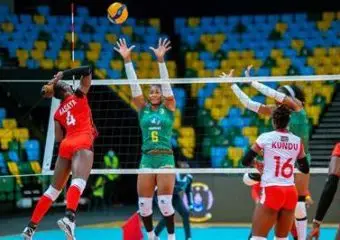
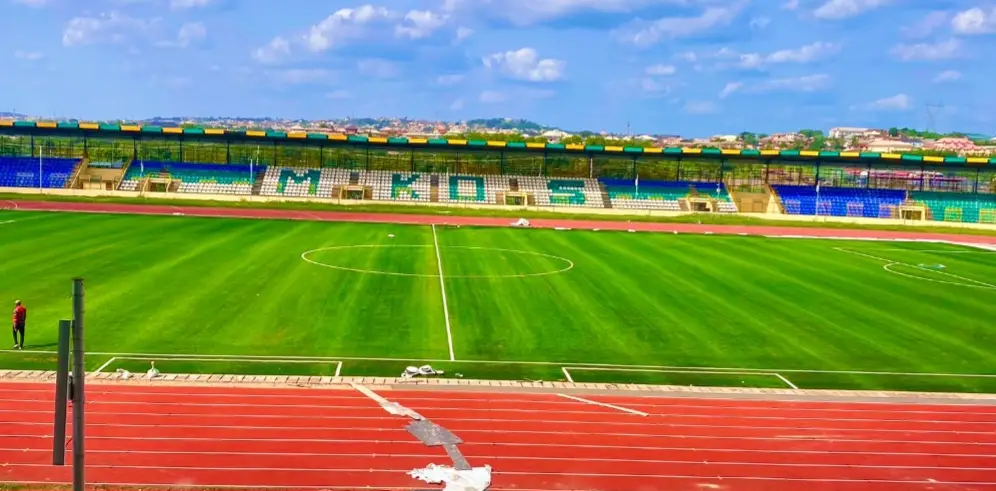
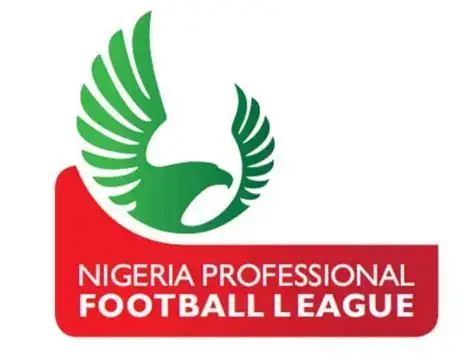
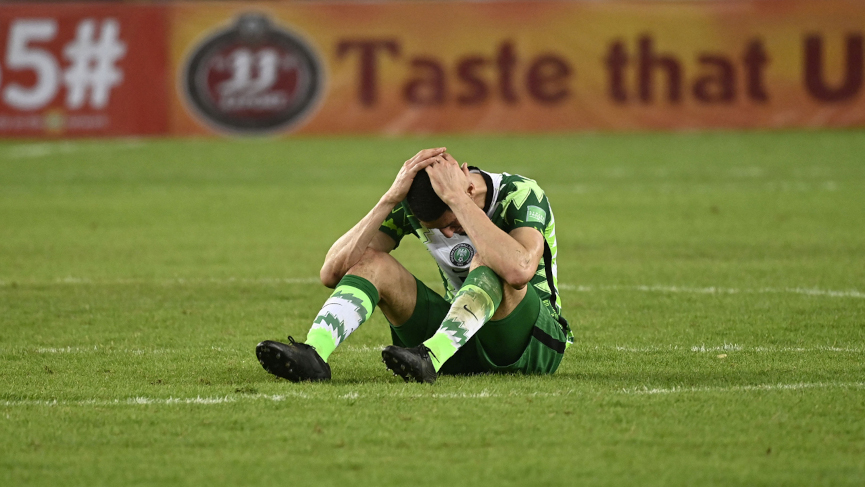
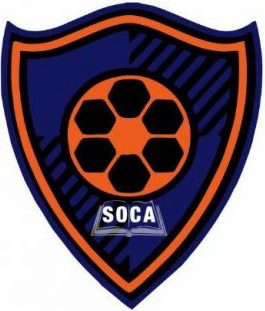
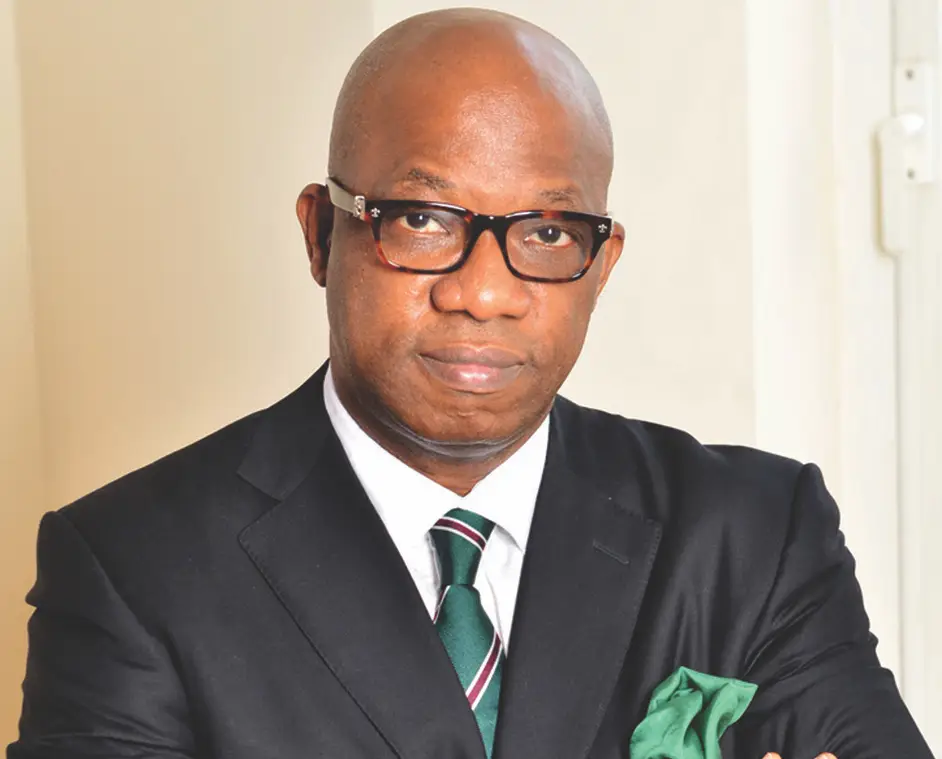



Latest Comments